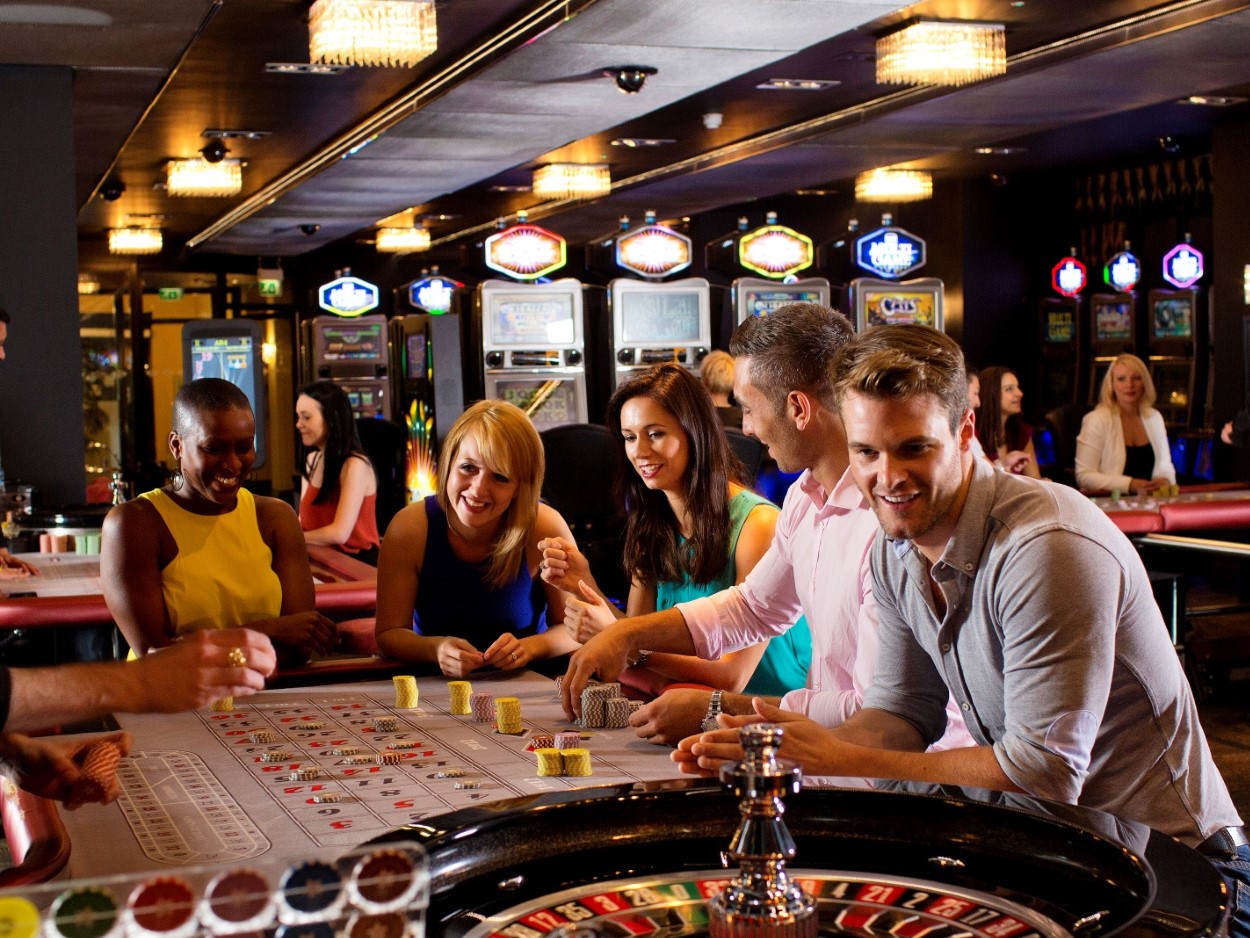Casino games have long been a staple in human culture, offering not just entertainment but a captivating reflection of our aspirations, dreams, and fears. From the turning reels of a slot machine to the tactical play of poker, these games represent a variety of human emotions and events. At their core, casino games are not just a chance to earn cash; they are a snapshot of life itself, where danger and gain merge and fate can change in an moment.
As players gather around tables or sit in front of glowing machines, they engage in a ritual that transcends mere playing. These games reflect our innate desires for relationships, adventure, and the quest for chance. They also unveil deeper truths about human behavior, such as our relationship with chance and the adrenaline of the unknown. In exploring casino games, we discover not only the rules of play but also the complex weave of the human journey, showcasing our interconnected narratives of goal and reality.
The Psychology of Gambling
Gambling is intrinsically connected in the psyche of individuals, tapping into various feelings and wants. The excitement of risk-taking is a fundamental aspect that attracts participants, be it the thrill of spinning a roulette or the anticipation of drawing a winning hand in a poker game. This rush of adrenaline is often compared to other forms of thrill, as the uncertainty of outcomes triggers a distinct psychological response. Players often become captivated by the possibility of striking it rich, leading to an almost magnetic draw toward casino games.
Additionally, a crucial component of the psychology behind gambling is the concept of hope and ambition. Players often nourish fantasies of financial freedom and the luxurious lifestyle that can follow winning. This hope fuels their continued participation in gambling, as it provides a sense of meaning and the belief that a transformative win could be just one wager away. The narrative of overcoming odds and finding success resonates with many, reinforcing their dedication to play and involve themselves with these games.
Finally, social aspects play a significant role in gambling psychology. Casino environments are designed to promote social interaction, where gamblers gather to share the experience of wins and losses. This shared aspect not only enhances enjoyment but also influences behavior, as individuals often imitate the actions of others in their vicinity. The collective approval found in mutual thrill can enhance the emotional experience, making casino games a mirror of not just personal desires but also shared involvement within the gaming community.
## The Dual Nature of Risk and Reward
Casino games embody the subtle balance between risk and gain that resonates profoundly with the human experience. The thrill of placing a wager is often accompanied by a rush of adrenaline, as participants are confronted with the possibility of a huge payout, yet fully aware of the risk to suffer losses. liên minh okvip This twofold experience reflects a essential aspect of life: the choices we make often come with intrinsic risks, and the chase for gain can drive us to make risky moves we might not normally consider. In this way, casino games reflect real-world choices, enticing players to risk not just their capital, but also their dreams.

The allure of big prizes and payouts fuels a sense of optimism, motivating gamblers to imagine a better future that could manifest from a lucky spin of the wheel or turn of a card. This optimism can compel individuals to engage in greater risks, pushing them to extend their limits in search of financial gain. However, just as in life, the consequences of these risks can lead to both triumph and failure. The stories of both jackpot winners and those who have faced losses everything at the tables demonstrate the unpredictable nature of chance and its significant repercussions on our lives.
Ultimately, the interaction of engaging with gambling activities serves as a vivid illustration of the nature of humanity. Every game played is imbued with the tension of ambiguity, as players weigh the gains against the dangers. This balance not only highlights the thrill that comes with betting but also reveals the risks that come with the desire for more. As we navigate the challenges of choice and consequence in both the casino and in life, we find that the quest for gain shapes our character and journeys in deep ways.
Society and Loneliness in Gambling Environment
Casino culture is a special combination of social interaction and personal endeavor, reflecting the tensions of individual experience. Gamblers often gather around games, sharing in the excitement of the game, rejoicing in wins, and sympathizing over losses. This communal aspect is essential, as it fosters a sense of community and camaraderie among diverse groups of people. Regular visitors to gaming establishments may build friendships and develop routines, turning the casino into a second home where they experience connected to a greater community of gamblers.
However, the attraction of casino games can also result to isolation. As players become immersed in the thrill of gambling, they may withdraw from personal connections or neglect to engage with the environment outside the gaming space. For some, the search of a jackpot can distract from genuine connections, leading to isolation. The experience of being surrounded others yet experiencing solitary is not rare, as the focus shifts from shared enjoyment to the private stakes of each player’s path.
This interaction of community and isolation creates a rich mosaic that defines casino culture. It showcases the complexity of social interactions, where joy and despair exist together. Casinos serve as both a sanctuary for social interaction and a platform for individual struggles, demonstrating how intimately connected our desire for companionship and the personal quest for wealth can be. In navigating this landscape, players confront their own stories—seeking both the thrill of the game and the fellowship of other gamblers, eventually reflecting the wider spectrum of human experience.